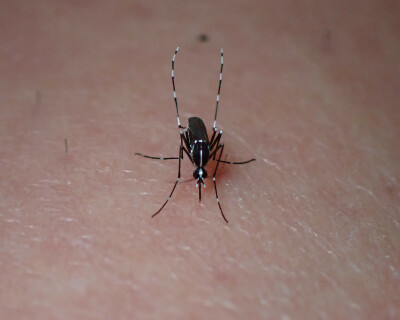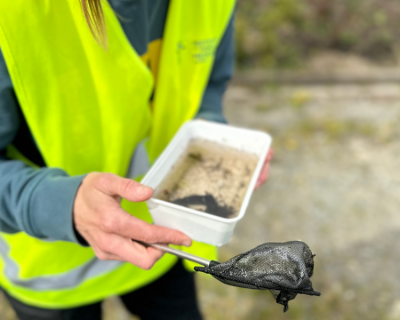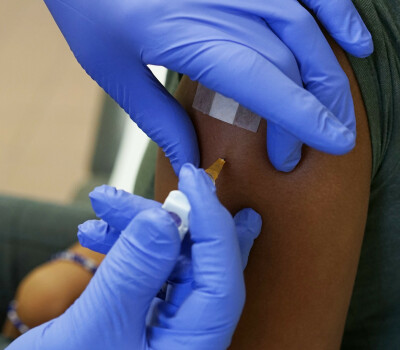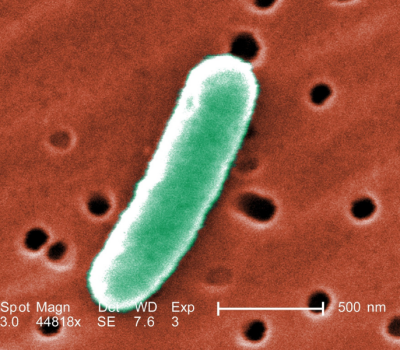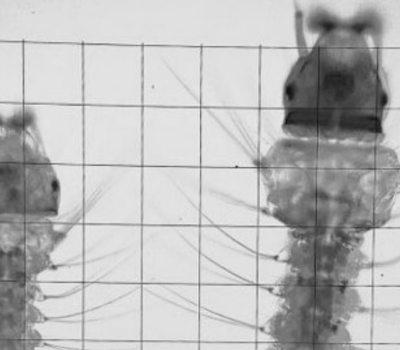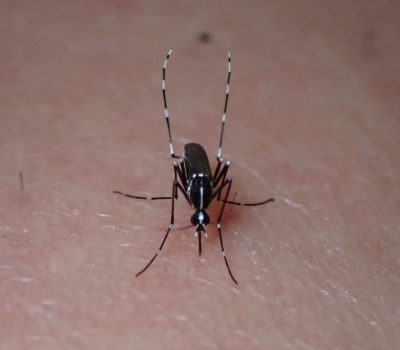Tiger mosquito on the menu: predacious diving beetles as natural enemies of the tiger mosquito
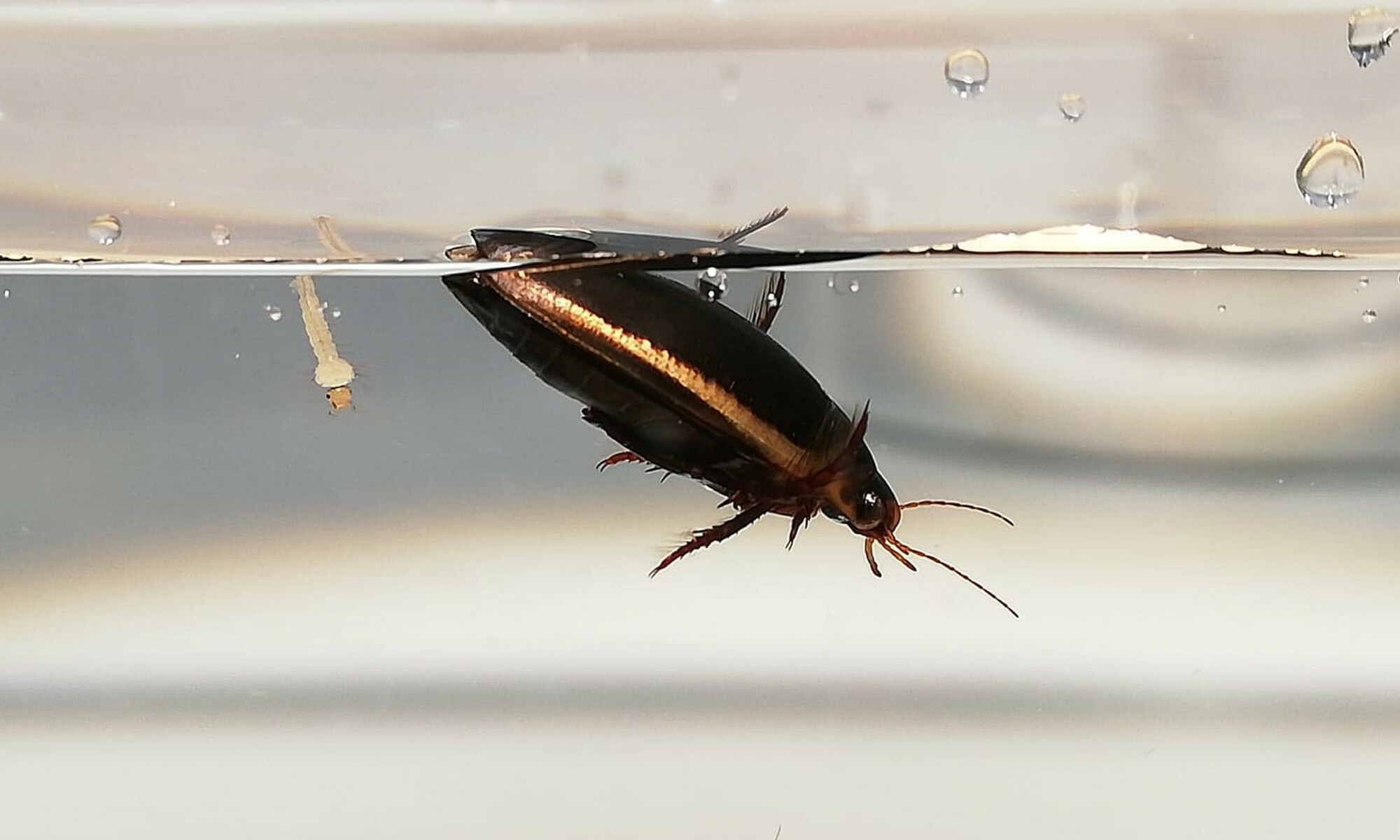
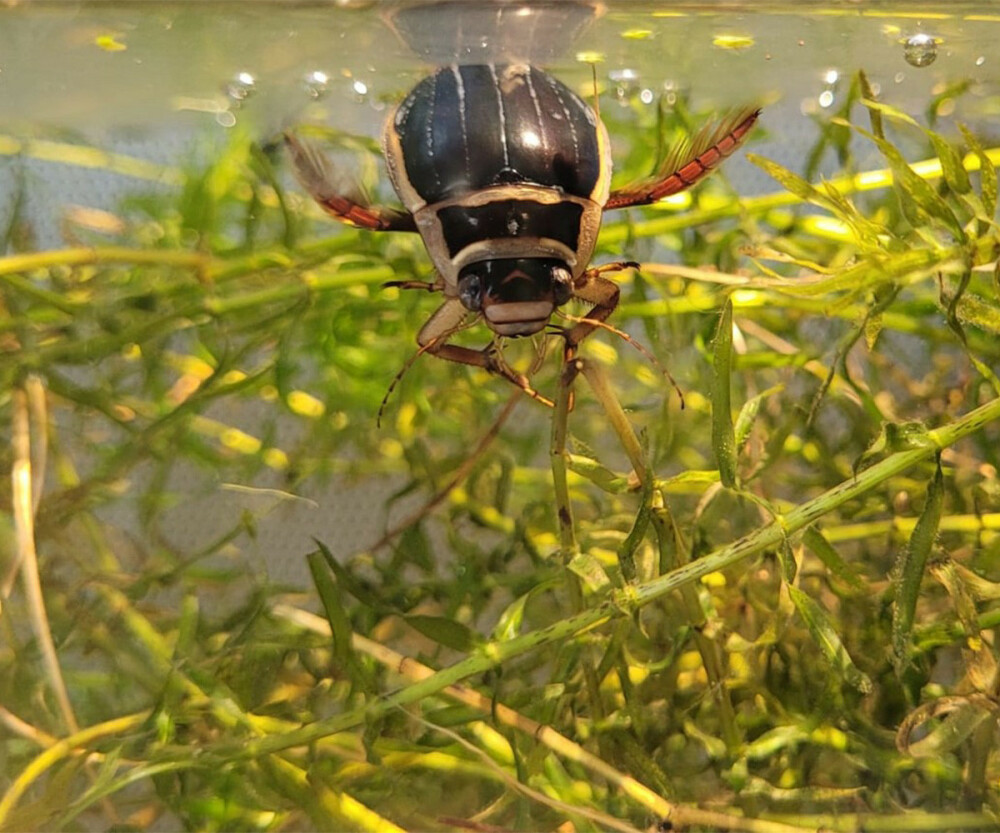
The tiger mosquito, an invasive species that can spread viruses, is becoming a growing problem in Europe. ITM researchers are the first in Europe to investigate whether the predacious diving beetle is a natural enemy of the tiger mosquito. Many of our native diving beetles have proven to be effective hunters of tiger mosquito larvae, offering a potentially sustainable and eco-friendly ally in the fight against mosquito infestations.
While predacious diving beetles may not completely eliminate the tiger mosquito, they offer a sustainable alternative alongside existing control methods. These beetles should be supported in areas where the tiger mosquito is present, either through supportive environmental management or by releasing them into the environment. Once introduced to mosquito-infested areas, the diving beetles naturally seek out locations with plenty of mosquito larvae. Since predatory diving beetles can live for several years, there is no need for continuous releases.
Beetles hunting tiger mosquitoes
"Our experiment with 30 species of native predatory diving beetles shows that the diving beetle Agabus bipustulatus is the most effective predator of tiger mosquito larvae," says Adwine Vanslembrouck, PhD researcher in vector ecology at ITM and the University of Antwerp. "This native water beetle not only prefers tiger mosquito larvae but it is also believed to spread easily to areas with many mosquito breeding sites, including those that are inaccessible or often overlooked."
In the video: Colymbetes fuscus larvae eating Cx.pipiens

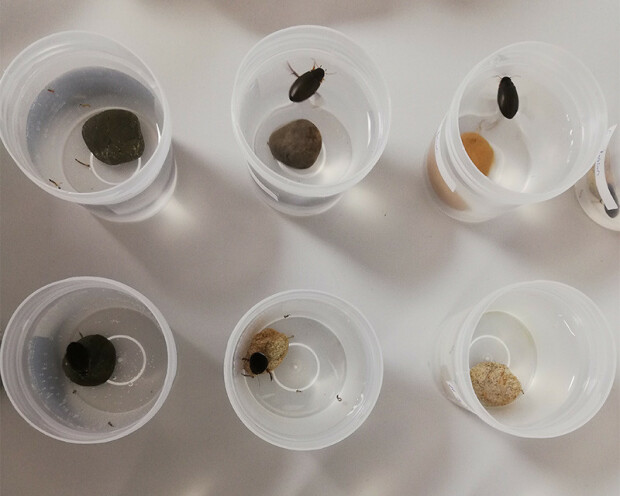
"For effective mosquito control, we need solutions that fit our local environment. In Belgium, we can harness nature to control the tiger mosquito, and native water beetles prove excellent for this," says Prof Dr Ruth Müller, head of the Entomology Unit at ITM.
Follow-up research
Before implementing the widespread use of predacious diving beetles, researchers need to address a few more questions. They are investigating how the beetles behave in natural environments and what other prey they might target. Additional research is also needed to determine how these beetles can be bred efficiently on a large scale.
Water beetles and tiger mosquitoes on Science Day
Adwine Vanslembrouck presents her research on Sunday 24 November on Science Day. The activity is part of Festival Antwerp, for which Antwerp researchers join hands and serve up a plethora of science in the halls of ZOO Antwerp.
Read the article
Vanslembrouck A, Scheers K, Vermeersch X, Hendrickx R, Schneider A, De Witte J, Deblauwe I, Van Bortel W, Reuss F, Müller R (2024) Exploring the efficacy of predacious diving beetles as potential nature-based solution for combatting the invasive mosquito Aedes albopictus (Skuse, 1894). NeoBiota 94: 179-203.
Spread the word! Share this story on
